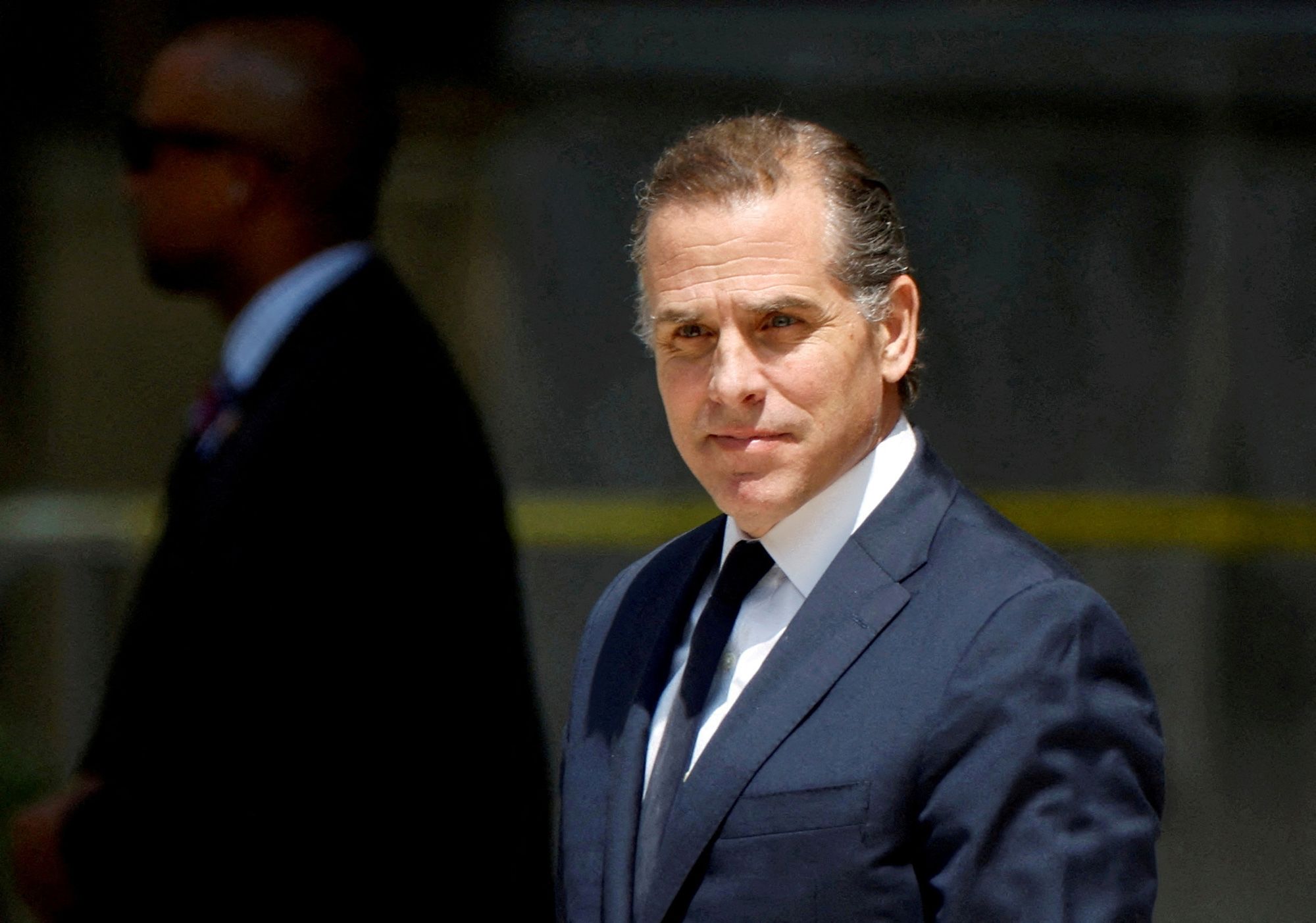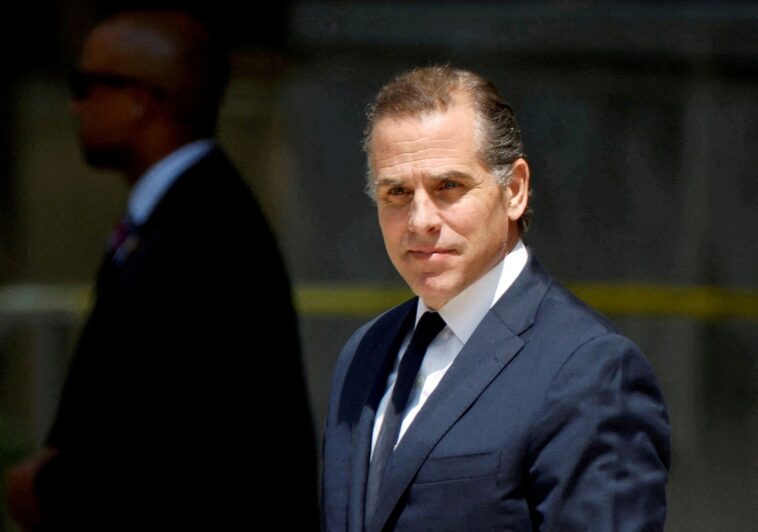
Hunter Biden’s Federal Gun Case: A Hard Look at Presidential Pardoning Power
On Tuesday, December 3, 2024, a case that had gripped the nation was ceremoniously closed by U.S. District Judge Maryellen Noreika. Two days prior, President Joe Biden had issued a presidential pardon for his son, Hunter Biden, thereby creating an unprecedented moment in American history.
Hunter Biden’s Convictions and Case Termination
The pardon covered Hunter’s convictions stemming from two distinct cases involving the evasion of taxes and the illegal purchase of a firearm. Following his father’s pardon, Hunter’s federal gun case was officially terminated by the judge, a first of its kind. This was a remarkable move, not least because earlier pledges by President Biden indicated he would not pardon his son.
A Landmark in Presidential Pardon History
Though past presidents have granted pardons to family members, no president has ever pardoned their child – an act that is now being described as a first in a long history of controversial White House amnesty decisions. It’s also critical to note that Biden’s pardon covers a period from January 1, 2014 through December 1, 2024, making it astonishingly broad in scope.
Understanding Presidential Pardon Power
Embedded in constitutional law is a clause that grants the president the power to pardon offenses against the United States (save for cases of impeachment). A presidential pardon is an act of clemency, applied to absolve a person of their criminal convictions, and it’s virtually unchecked as part of the system of separated powers. This means it cannot be overturned, even by the U.S. Supreme Court.
Political Fallout from the Presidential Pardon
The president’s decision to pardon his son has drawn the ire of both Republicans and Democrats who view it as a gross abuse of executive power. Furthermore, Biden’s assertions that his son was politically targeted echo arguments that the courts had previously dismissed.
Implications for Hunter Biden
Interestingly, this pardon might inadvertently do more harm than good for Hunter Biden, as Senator Tom Cotton pointed out. Now, since he can no longer plead the fifth in any investigation, Hunter must testify about any potential wrongdoings.
History and Controversy of Presidential Pardons
Controversial pardons have been granted by various presidents. For instance, President Bill Clinton pardoned his half-brother, while President George H.W. Bush pardoned those involved in the Iran-Contra scandal. However, President Biden’s decision to pardon his son, who faced serious charges and was due for sentencing, leaves an indelible mark on the annals of American legal history.
Conclusion: The Power and the Controversy
As it stands, the pardon power affords the U.S. president a degree of clemency that mostly remains unchallenged. The legal implications, political fallout, and broader philosophical questions this power raises will continue to fuel the debate around the system of checks and balances in American democracy. For now, however, the debate is centered on the case of Hunter Biden and the precedent his father’s controversial presidential pardon has set.
Originally Post From https://6abc.com/post/hunter-biden-pardon-federal-gun-case-delaware-has-officially-ended/15619318/
Read more about this topic at
Not just Hunter Biden: presidential pardons explained
President Biden pardons son Hunter Biden


